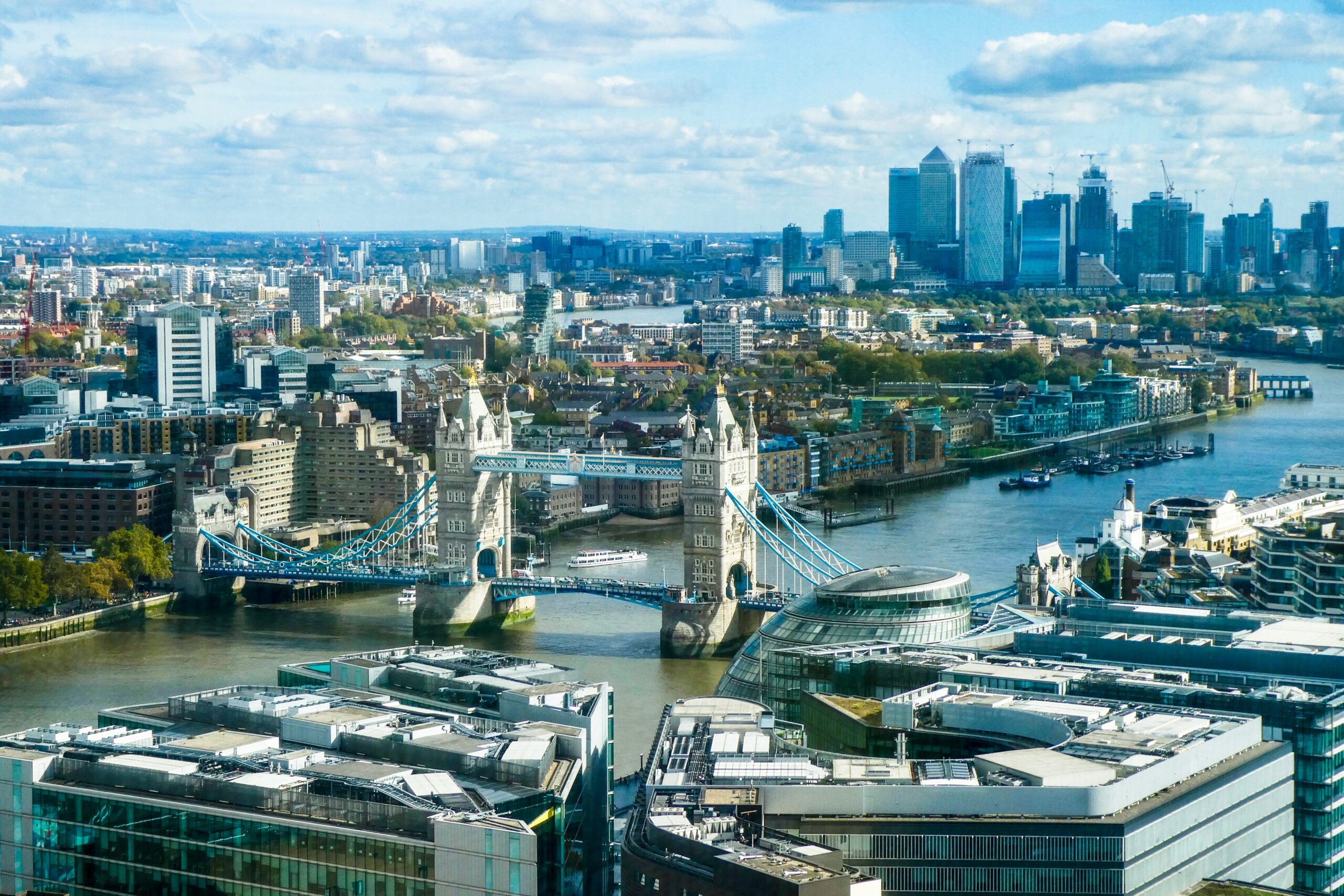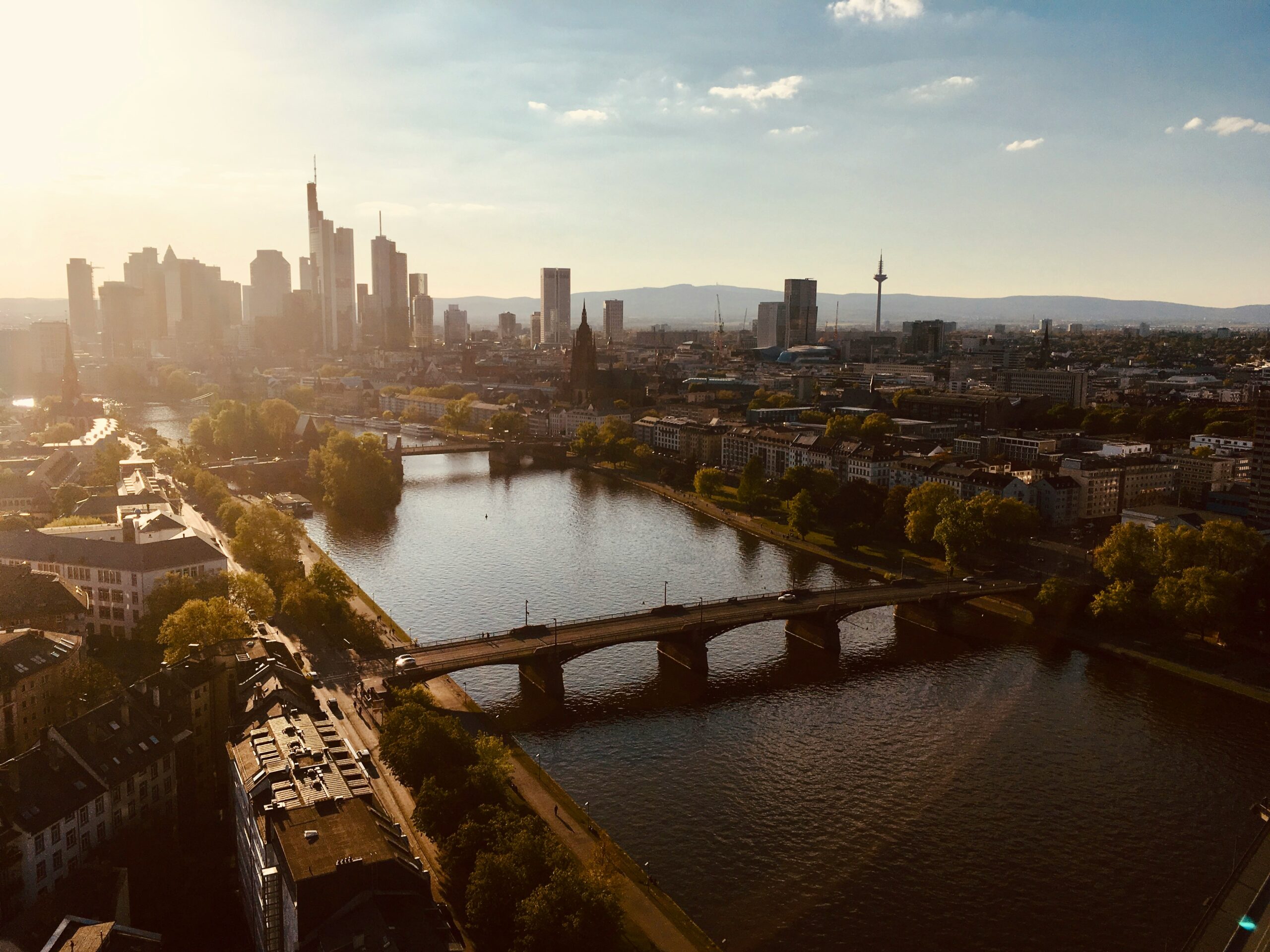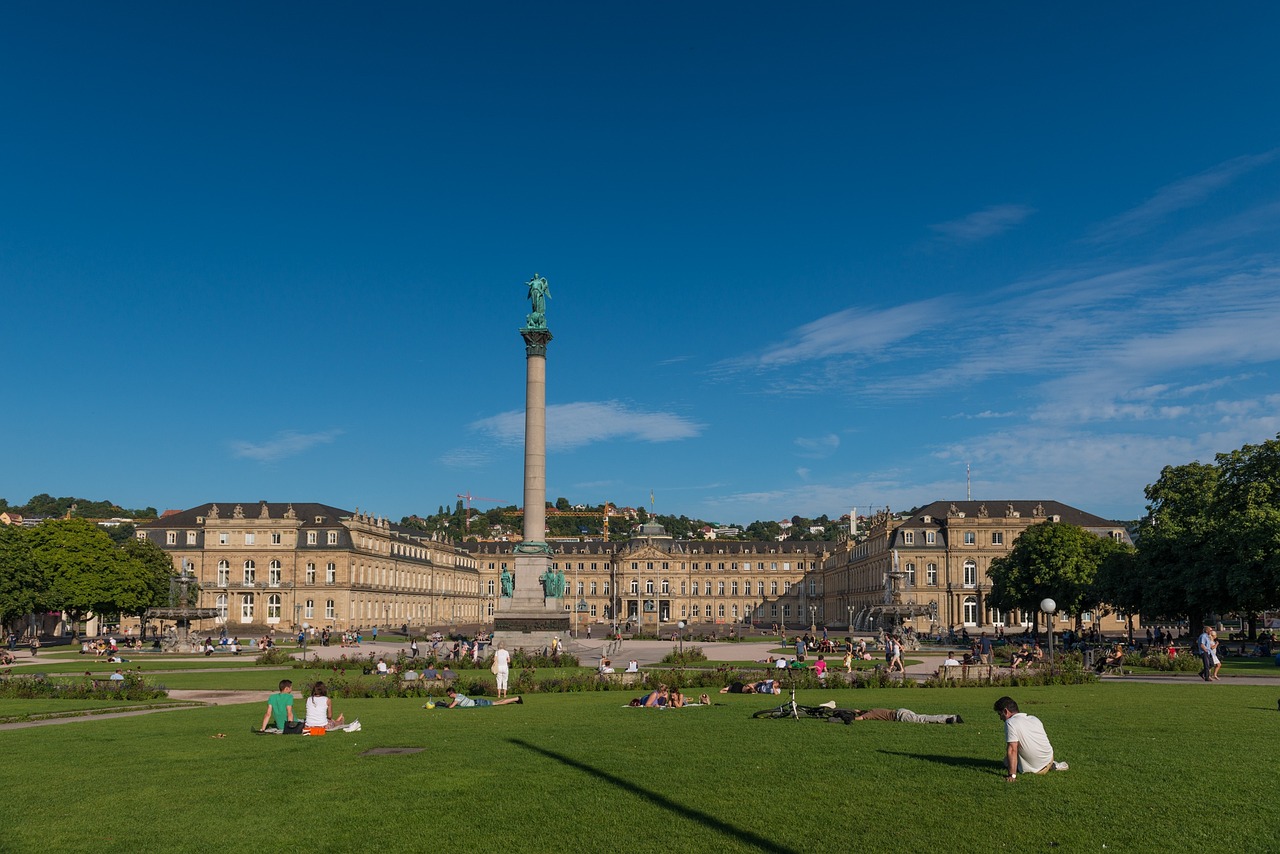II List of tenant’s essential questions
- What is the deposit amount?
- How does the landlord handle the deposit?
- What are the options for making rent payments?
- How can you get in touch with a landlord?
- When and how should I report repairs, and how long does it typically take?
- Are animals allowed?
- Is the home secure and safe?
- When and how can you terminate your lease?
- Can the landlord increase the rent (utilities, maintenance fees, etc.)?
- How long is the lease term?
- What does the rent include?
- When is rent due, and how do I pay it?
- Is the security deposit refundable?
- Does the landlord require renters insurance?
- What’s the penalty for breaking my lease?
- How much notice will they give before entering my rental space?
- Does the landlord plan any construction for the building or nearby?
- What’s the guest policy?
- When can you move in?
- Will I be able to renew the lease?
- What furnishings and appliances does the landlord include?
- Would you live here?
- How often does the landlord change the locks?
- When can I ask the property manager questions before signing the lease?
- Can I sign a Mobility lease?
- Some more questions to ask before renting a furnished apartment
I Introduction
As a potential tenant, your active role in the rental process is crucial. By taking the initiative to ask the right questions, you can ensure a smooth and transparent renting experience.
Before signing the contract, you should make some inquiries. Many of these will be answered in the tenancy agreement. However, it’s usually preferable to approach the landlord or agent directly for clarity.
Never underestimate the importance of asking the right questions. Failing to do so could lead to unforeseen issues or misunderstandings. Stay vigilant and proactive in your rental journey.
II List of tenant’s essential questions
Renting a home requires a significant investment. Therefore, be careful to obtain the information you want. Inquire about:
1. What is the deposit amount?
Knowing the exact deposit amount required by the landlord before you move in is vital. Landlords typically demand a security deposit equivalent to four to six weeks’ rent.
The amount of the deposit must not exceed:
- one month’s rent (excluding charges) if the rental is empty ;
-
two months rent (excluding charges) if the rental is furnished.
At the end of tenancy and on the return of the keys, the landlord has up to two months to reimburse the deposit, deducting the amount needed for repairs to the property.
If you feel an unnecessary amount has been deducted, you may request to see the invoices (invoice for the repairs, replacement, etc.).
2. How does the landlord handle the deposit?
One of the most important questions you should ask your landlord is how they handle your deposit. By law, the landlord must safeguard your deposit by enrolling it in a deposit protection program. This program protects your money and ensures that the landlord cannot withdraw money from your deposit without your consent.
Remember that your landlord has a maximum of 30 days after receiving your deposit to secure it and inform you of the protection plan in place. If the landlord fails to do so, you have the right to compensation.
3. What are the options for making rent payments?
Few, if any, respectable landlords will demand cash payments. Insist on using a direct debit to pay the rent. It’s more convenient, safer, and easier to handle.
A property manager who only takes cash is a warning, as you should always have some way of proving your past payments. Paying rent online is probably the best—and most popular—way to do this. Online payments can be automated to protect the renter and the property manager. Checks are also acceptable; your bank statements reflect the monthly money paid.
Paying rent also improves your credit score, so you’ll want proof of payment if yours needs a boost.
Note: You should consider leaving if the landlord promises to visit weekly to collect cash rent.
4. How can you get in touch with a landlord?
It is crucial to have your landlord’s contact information, including their landline, email, and physical addresses. While the tenancy agreement should list their details, it’s always best to double-check and ensure you have easy access to them.
This way, you can confidently reach out to your landlord in case of an emergency or repair, knowing you have everything you need to contact them.
5. When and how should I report repairs, and how long does it typically take?
One of the most desirable benefits of renting is that someone else will take care of all the maintenance requests, apartment repairs, and other dirty work. Find out how you will be submitting your requests and who handles repairs. You may call the property manager directly or use an online portal to submit requests.
Ask what sort of emergency maintenance the landlord offers.
Find out how you can access the 24/7 maintenance crew if something happens. Also, ensure you know the procedure for submitting general maintenance requests for your unit.
As a tenant, knowing that your landlord is responsible for any necessary home repairs and appliances (except those you own) is essential. This is not just a matter of convenience—it’s a legal obligation.
Your landlord must clearly instruct you on how they intend to handle any issues that arise and give you a reliable method of contacting them or their agent in case of an emergency.
6. Are animals permitted?
Verify the landlord’s stance on pets before finalizing the lease agreement. Contrary to popular belief, the landlord cannot prohibit you from having pets. However, it is your responsibility to ensure that they respect the peace and quiet of the neighborhood. Tenants are responsible for any damage or abnormal neighborhood disturbances caused by their pets.
Additionally, the landlord may prohibit the possession of a dangerous 1st category dog (attack dogs) by means of a clause in the lease.
If you own pets, do not assume they are allowed in the rental property. Violating the terms of your lease by keeping pets can lead to eviction and the loss of your security deposit.
Therefore, it is imperative to abide by regulations stating that pets are prohibited.
7. Is the home secure and safe?
Ensure the safety of the property you are renting. Therefore, there are two significant questions you must ask your landlord. Firstly, inquire about the availability of a gas safety certificate, which is mandatory by law. Additionally, ask to test the carbon monoxide and smoke alarms if they are installed.
Secondly, it is essential to ask about the security measures on the property. Check if the locks are strong enough, windows can be locked, and if there are any CCTV cameras.
Do not hesitate to ask if an alarm goes off and what measures have been taken to prevent break-ins. It is your right to feel safe and secure in your home; asking these questions will give you peace of mind.
8. When and how can you terminate your lease?
Generally, the tenant can cancel the lease at any moment with only one month’s advance notice. The lessor can cancel the lease with three months’ advance notice and at the lease term.
Moreover, the lessor must always justify his cancellation.
If you are a tenant in an empty/unfurnished housing:
You have to give three months’ notice. This period may be reduced to one month in some situations:
- Initial employment, work transfer, loss of jobs, or new employment;
- If you receive the “Revenu de Solidarité Active” (earned income supplement);
- If you are over 60 years old and your health justifies a change of residence;
- As a tenant of a regulated accommodation, it is within your rights to be assigned a different housing unit under the agreement and within the same stock by your landlord.
-
If your rental is situated in a “zone tendue”(i.e. ‘tense zone’; an area with a housing shortage)
If you are a tenant in a furnished accommodation:
Regarding furnished accommodations, the lease (usually for one year or nine months for students) may be terminated at any time with one month’s notice.
The notice of termination is delivered through registered mail with an acknowledgment of receipt, served by a court officer (« commissaire de justice »), or delivered by hand against a signed receipt.
These are the only acceptable methods for delivering such a notice, and failure to comply with these requirements may result in legal consequences.
9. Can the landlord increase the rent?
The lessor can increase the rent only if the lease has a rent adjustment clause.
10. How long is the lease term?
A lease is usually 12 months. However, some landlords and management companies may offer lease terms from 6 months up to 18 months. You may want to ask your prospective landlord whether the lease term of the rental agreement is flexible.
11. What’s included in the rent?
Get specific and ask exactly which utilities you’re responsible for and what the landlord will cover. You may also ask about amenities like parking, lawn care, storage, and pool access.
Some rentals include water and garbage; others expect renters to pay for all utilities. Many variables determine the cost of utilities, including the property’s square footage, the location, and the season.
12. When is rent due, and how do I pay it?
You can start by asking about the rent submission process, their preferred mode of payment, and any late fees that may apply if you miss a payment. Moreover, if you plan to move mid-month, don’t hesitate to ask if they offer prorated rent. This way, you only pay for the time you’ll be living in the unit, which can result in significant savings. For instance, if your monthly rent is $1,000, and you move in on the 15th day of the month, you may only have to pay around $500 as prorated rent for that month.
13. Is the security deposit refundable?
Generally, security deposits are refundable if you do not break the lease terms and the unit is not damaged. However, if you fail your lease or leave damage in your rental, your landlord may keep all or part of your security deposit to help cover those expenses.
14. Does the landlord require renters insurance?
Landlords and management companies can require tenants to have renters insurance. This is because a renters insurance policy can help protect your belongings in case of theft or damage caused by a covered peril, such as a fire.
Additionally, renters insurance includes liability coverage that can financially safeguard you if you are found legally responsible for someone else’s injuries or damage to their property.
Therefore, it is highly recommended that you obtain renters insurance to ensure that you are protected in case of any unforeseen circumstances.
15. What’s the penalty for breaking my lease?
Some penalties may include forfeiting your security deposit, paying several months’ rent, or paying a percentage of the rent left in your lease term.
16. How much notice will they give before entering my rental space?
Generally, landlords give tenants at least 24 hours’ notice before entering your rental unit.
17. Does the landlord plan any construction for the building or nearby?
Depending on the rental and location, inquire about any potential construction in the apartment complex or nearby area. This information can help you decide whether to reside in an area with upcoming construction.
18. What’s the guest policy?
Like the pet policy, landlords have varying rules for overnight guests, visitors, or extended stays.
19. When can you move in?
If you’re trying to move into an apartment in the middle of April but it’s not available until the end of May, that will be an issue. To avoid any mix-ups, find out when the apartment will become available at the beginning of the discussion.
20. Will I be able to renew the lease?
Do you love your apartment? Want to stay longer than your lease? Talk to the property manager about signing a one-year lease and your options for renting after that.
21. What furnishings and appliances does the landlord include?
Some furnishings in an apartment may belong to a current renter, the property manager, or a staging company. Find out which appliances and furnishings will stay and which will go. Make sure you know whether you’re renting a furnished apartment or if you’ll need furniture.
22. Would you live here?
A simple way to discern whether a property manager values and respects the rental property is by asking directly if they would live there. If the property manager looks away or takes a long time to respond, the individual may be trying to conceal something like roaches, unruly neighbors, or leaks.
On the other hand, if the response comes with a solid answer, giving you the pros and cons, you know you can make an informed decision.
23. How often does the landlord change the locks?
If the apartment has a high turnover rate, you don’t want previous renters to have access to your new home. Make sure the property manager changes the locks before you move in.
24. When can I ask the property manager questions before signing the lease?
If you’re looking for a rental property, it’s common for property managers to interview potential renters before finalizing the lease. Don’t worry; this is an excellent opportunity to ask any questions you might have!
If you don’t get an interview, contact the property management company or the real estate agent and ask for an interview with the property manager.
25. Can I sign a Mobility lease?
A mobility lease is the perfect solution for individuals who require temporary housing but do not want to commit to a long-term lease. This short-term rental agreement is specifically designed for furnished dwellings and can last from 1 to 10 months. It cannot be renewed under any circumstances, ensuring that tenants have complete flexibility in their housing arrangements.
This lease is particularly suitable for people in transition, such as those moving for studies, training, or short-term job assignments. The lease clearly states that the rent and a fixed charge for utilities must be paid together, and the charges are a fair reflection of actual utility costs.
If a tenant needs to leave before the lease is up, they are still responsible for paying rent and charges unless another tenant takes over, with the landlord’s approval. This type of lease offers complete flexibility to tenants requiring temporary accommodation without the hassle of a standard, long-term lease commitment.
26. Some more questions to ask before renting a furnished apartment:
- Is it possible to make perforations or openings in the walls?
- Is there a maintenance fee for cleaning public spaces that is not included in the rent?
- Does the property have good security?
- Are there any known safety issues in the neighborhood?
- Is there public transport nearby?
- Are appliances and heating systems in working order?
- Is there internet connectivity, and who is the provider?
-
What security measures are in place (locks, alarms, etc.)?
Consider these questions, and talk to your landlord about as many of them as needed; there’s no harm in asking!
Getting answers before you put your name on the dotted line will only help you feel more confident about your move-in date.
Focus your questions on learning about the property outside the rental ad. This approach shows the property manager that you’ve done basic research and want to learn more. It can also give you information about the property beyond the marketing spin.
If you’re planning to rent a place in France, we have got you covered! We have some fantastic tips that will guide you through the entire rental process.
Check them out and make your renting experience in France a breeze!
Useful resources:
We value your input and would love to hear from you! Please take a moment to share your own experiences or any additional questions you find helpful in the comments section below.









